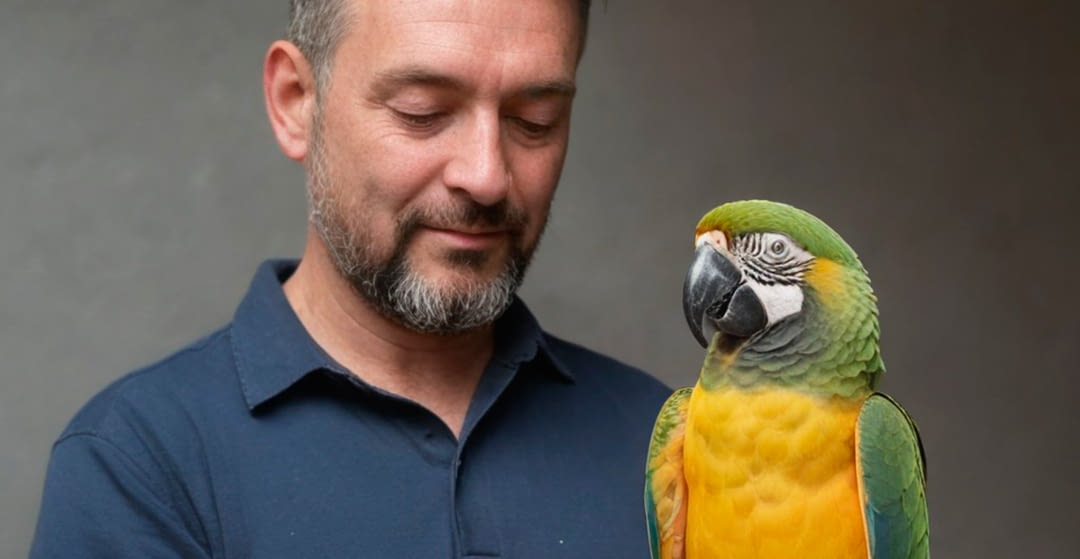
The respiratory infection known as psittacosis, derived from the bacteria Chlamydia psittaci, constitutes a significant challenge for avian health in Europe. Recently, an increase in the incidence of this disease has been observed in five European nations: Austria, Denmark, Germany, Sweden and the Netherlands.
This increase in cases not only affects psittacine birds, such as parrots, cockatoos and parakeets, but also raises additional concerns in terms of public health and food safety, since psittacosis can be transmitted to humans. It is crucial to address this situation comprehensively to mitigate its effects on animal and human health.
The history of psittacosis cases in Europe varies over time and is subject to changes in surveillance, public awareness and other factors. However, outbreaks of psittacosis have been documented in several European countries at different times.
These recently recorded cases have occurred in both captive and wild birds, suggesting a widespread distribution of the bacteria in the region. Psittacosis outbreaks can be challenging to detect and contain, especially in environments where birds interact closely with humans, such as aviaries, pet stores, and poultry farms. The nature of these environments increases the risk of disease transmission between birds and humans, underscoring the importance of preventative measures and appropriate biosecurity protocols to mitigate the spread of the disease.
SYMPTOMS
In birds:
· Mild: runny nose and watery eyes.
· Serious: respiratory difficulties and neurological signs.
In humans:
· Mild: fever, chills, muscle aches and respiratory symptoms similar to pneumonia.
· Serious: can be life-threatening if not treated properly.
Psittacosis is transmitted from birds to humans primarily through inhalation of particles contaminated with the bacteria, such as feather dust and feces from infected birds. Additionally, direct contact with sick birds or their secretions can also pose a risk of infection to people. It is essential to take these modes of transmission into account to implement effective preventive measures and reduce the risk of contagion both in domestic and professional environments where birds are present.
PREVENTION AND SAFETY MEASURES
To avoid psittacosis in both birds and humans, it is crucial to apply appropriate biosafety prevention protocols in all environments where there is interaction between birds and humans.
These measures include regular cleaning of cages and aviaries, using personal protective equipment when handling sick birds or their secretions, and promoting proper hygiene practices, such as washing hands after coming into contact with birds or their environments.
In addition, it is important to maintain good ventilation in the spaces where the birds are kept to reduce the concentration of contaminated particles in the air. These precautions are essential to prevent the spread of the disease and protect the health of both birds and people.
· Regular hygiene and disinfection of habitats, cages and aviaries
· Use of personal protective equipment when handling birds that are sick or suspected of being infected
· Pedagogy on the signs and symptoms of the disease, both for bird owners and for medical and health personnel.
It is also crucial that bird owners keep an eye on their pet's health and seek veterinary care immediately if they see signs of illness. Early detection and timely treatment are essential to prevent the spread of psittacosis and protect the health of both birds and humans, both in Europe and in other parts of the world.



